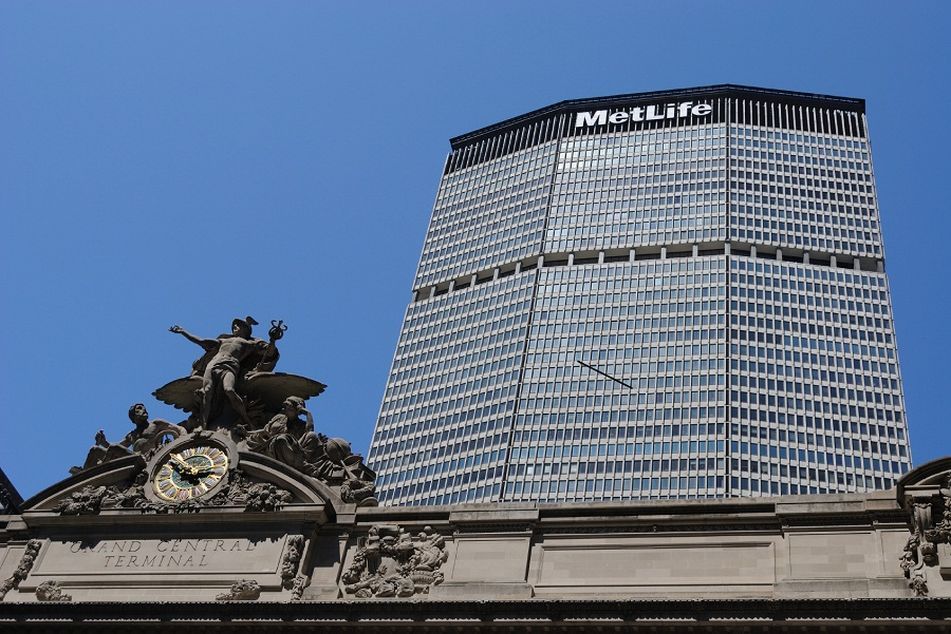Galvin charges MetLife with inflating bottom line

Massachusetts securities czar says insurer's failure to make pension payments enabled it to lower reserves
Continuing to turn the heat on MetLife, Massachusetts securities regulator William F. Galvin has charged the insurer with issuing misleading statements relating to its failure to make pension payments to hundreds of retirees in the state that it had wrongly designated as “presumed dead.”
In a complaint filed by his office, Secretary of the Commonwealth Galvin alleged that MetLife’s public filings contained material misstatements about the company’s finances resulting from the insurer’s failure to adequately administer employer pension plans. Under these pension plans, MetLife was responsible for reserving enough money to make payments to Massachusetts pensioners, whose average age was 72. Instead, when the company erroneously assumed some pensioners were dead, it released reserves held against pension obligations, which became assets that inflated MetLife’s bottom line.
The charges are the result of an investigation opened last December, after MetLife announced that it had lost track of tens of thousands of pensioners to whom they owed payments. MetLife had acquired the pension obligations from the retirees’ employers.
Mr. Galvin said that once his office was notified of the “missing” Massachusetts pensioners, it was able to locate the majority of them “within just a few weeks.”
“In fact, approximately half of these seniors were still living at the same address MetLife had on file for them for the entire time MetLife failed to make payments to them,” he said.
Once a plan participant was presumed dead by MetLife, the money to which the retiree was entitled was no longer held in reserve by the company and became assets of MetLife, which were reported in public filings. The complaint states that these reserves should not have been released and resulted in misleading financial statements.
Last week, MetLife and its spin-off, Brighthouse Financial, were sued for failing to pay at least $500 million in retirement benefits over the past 2½ decades to thousands of pension plan participants.
Learn more about reprints and licensing for this article.







